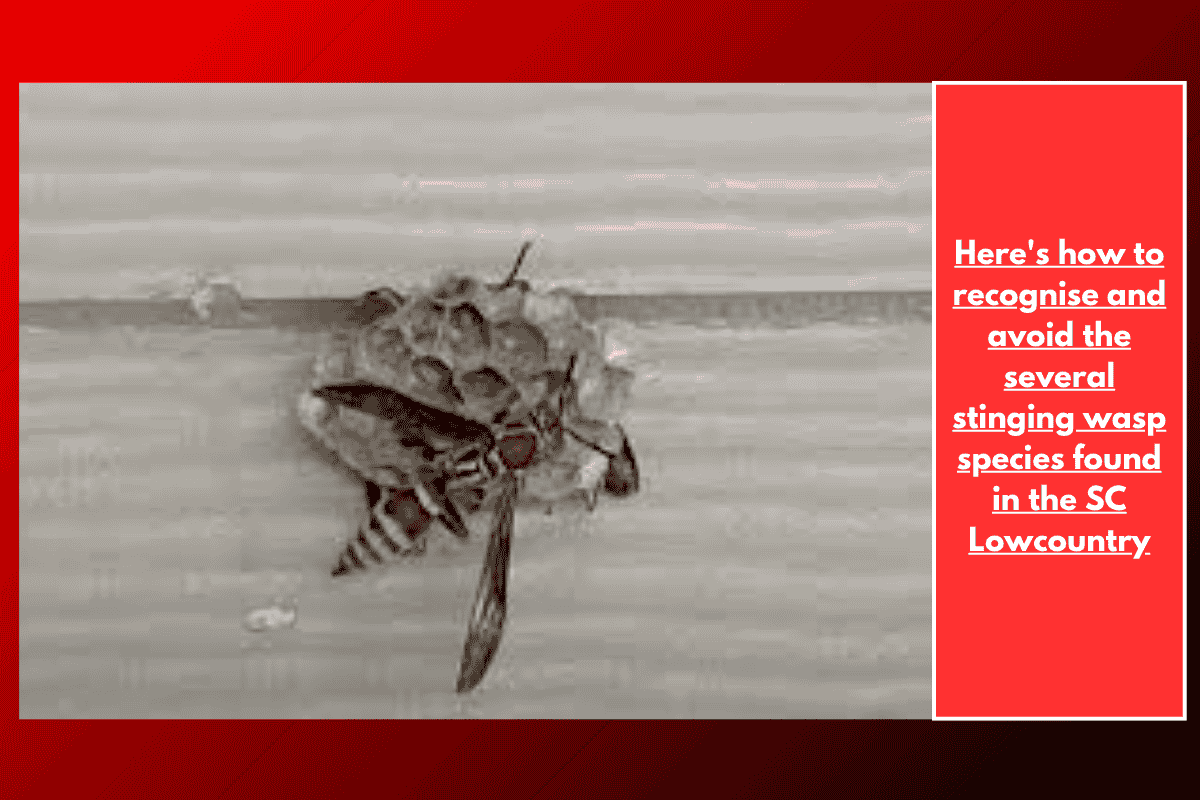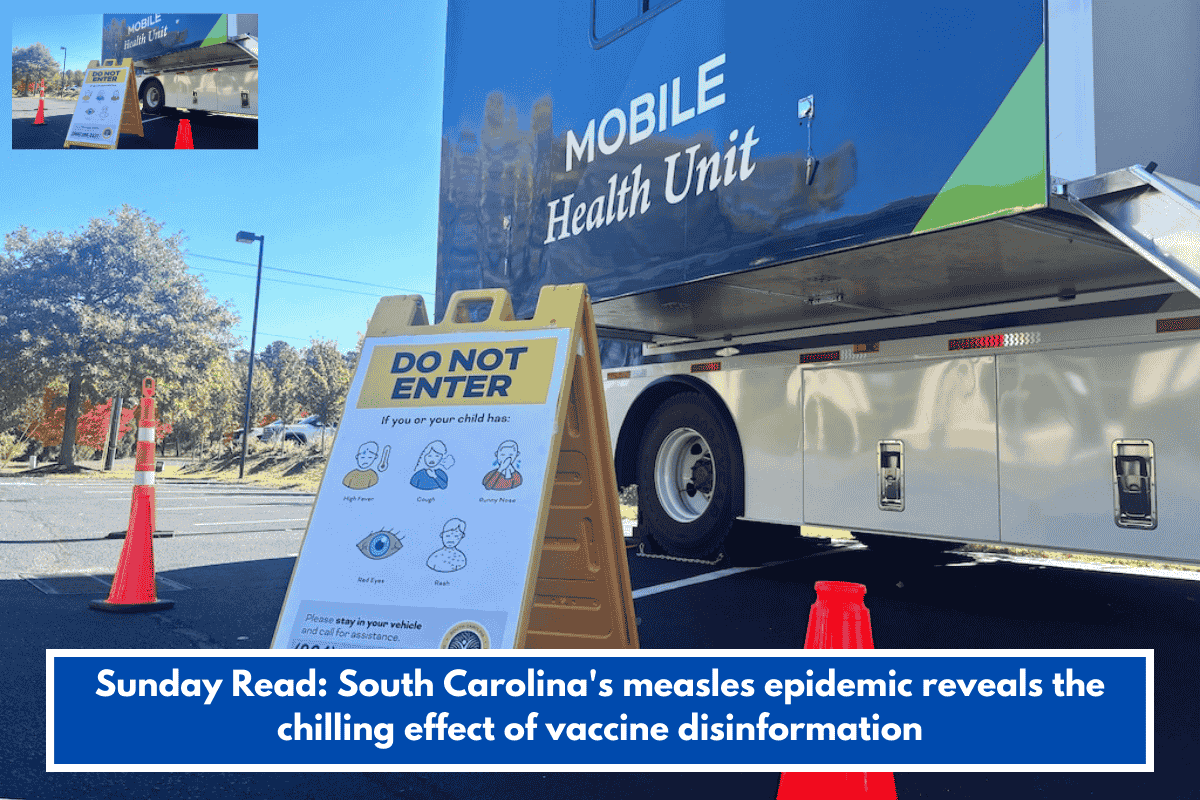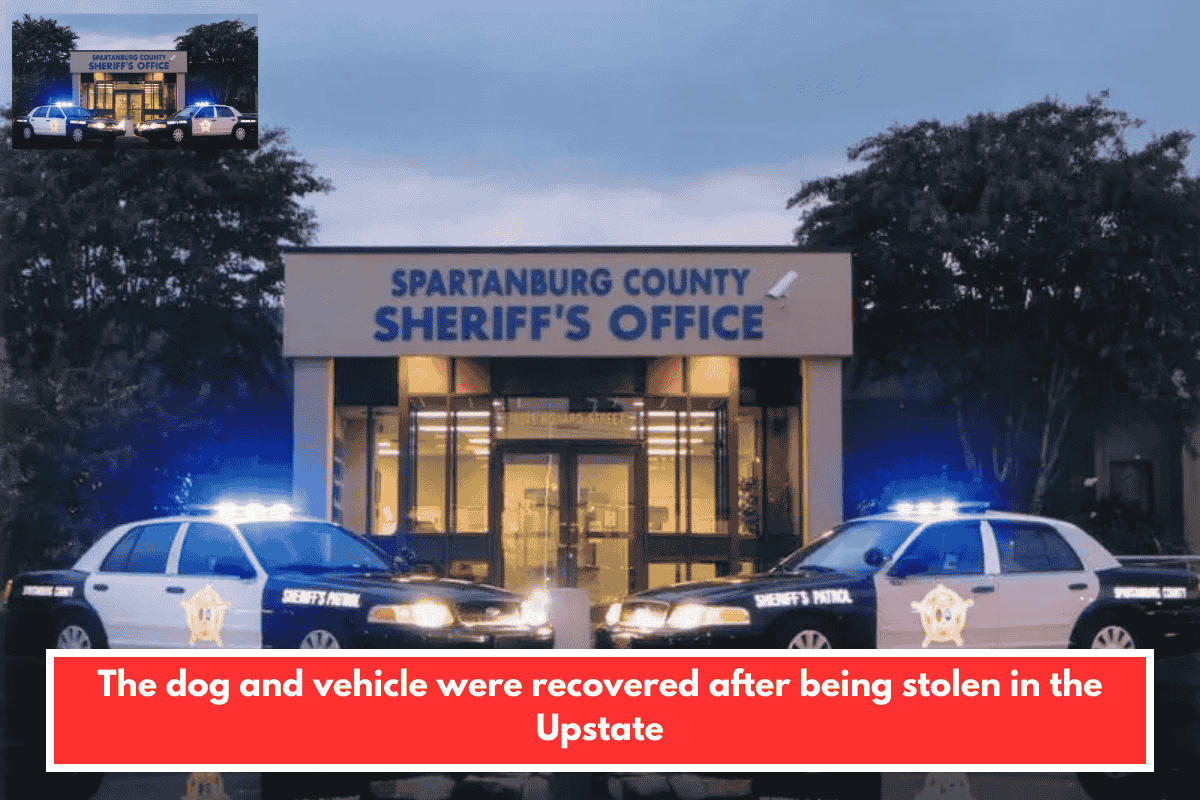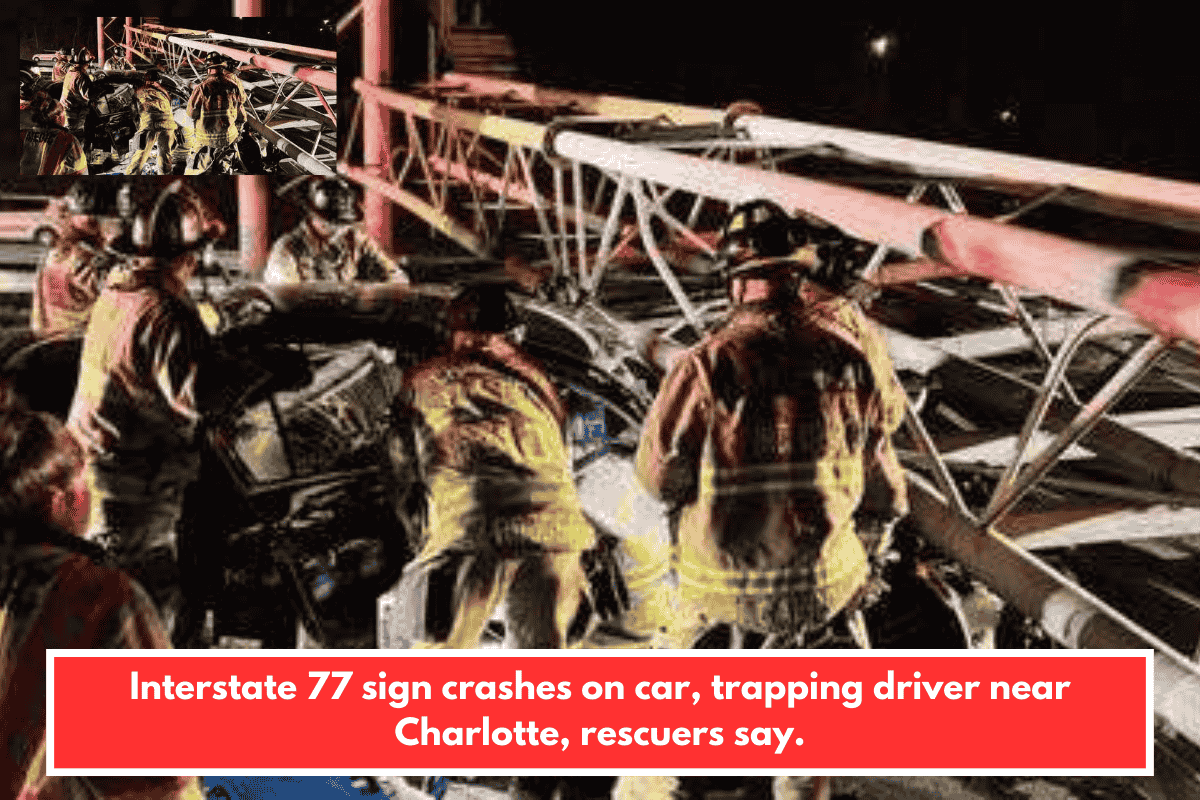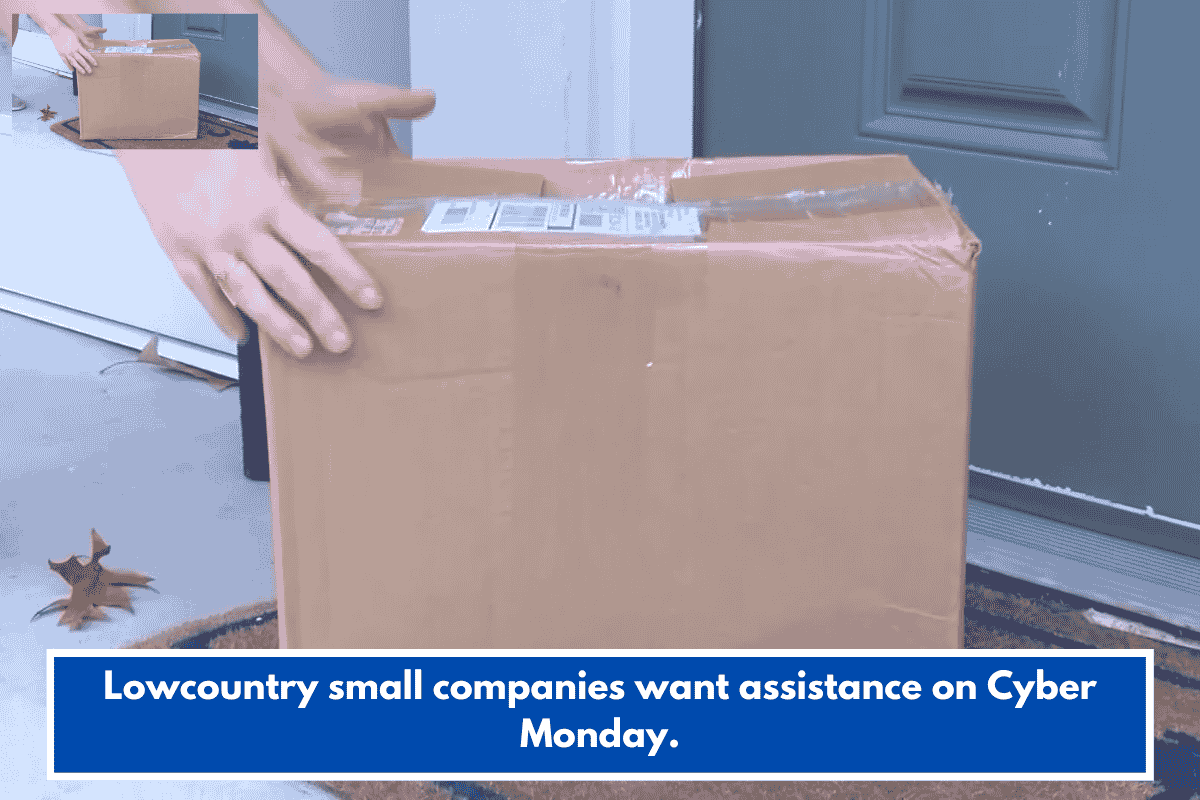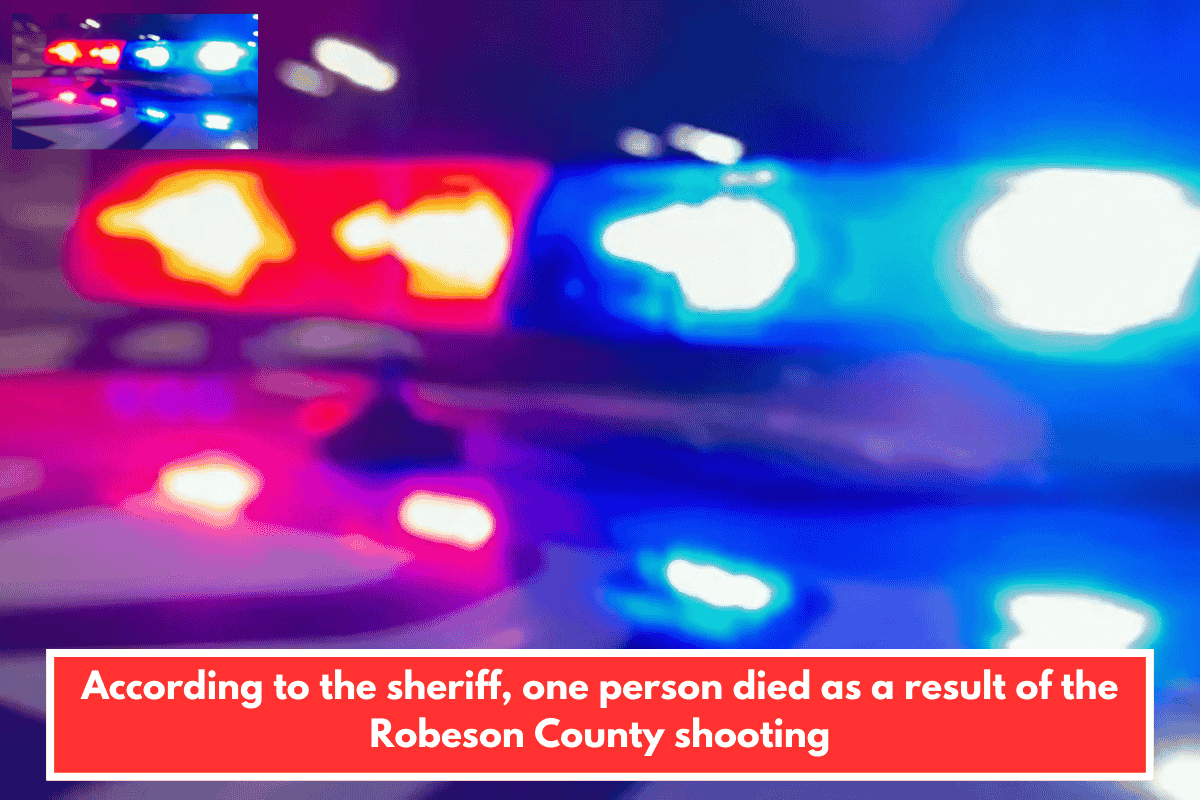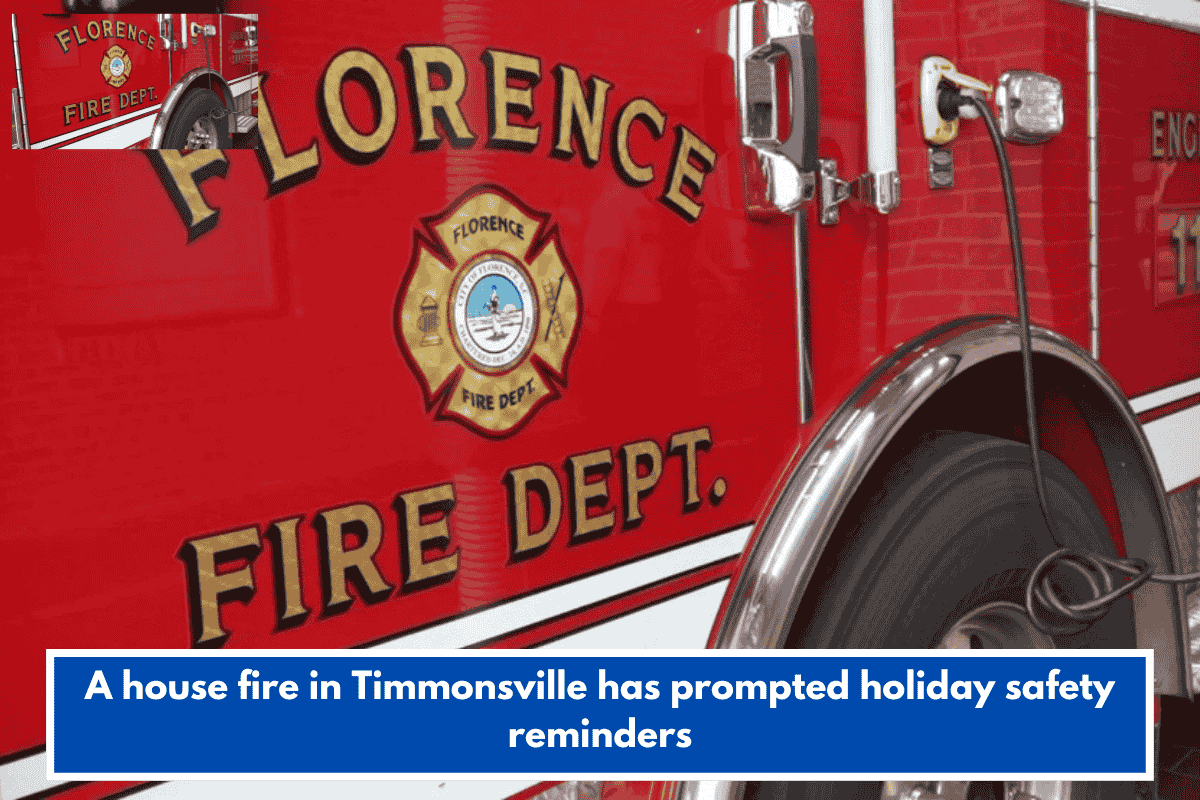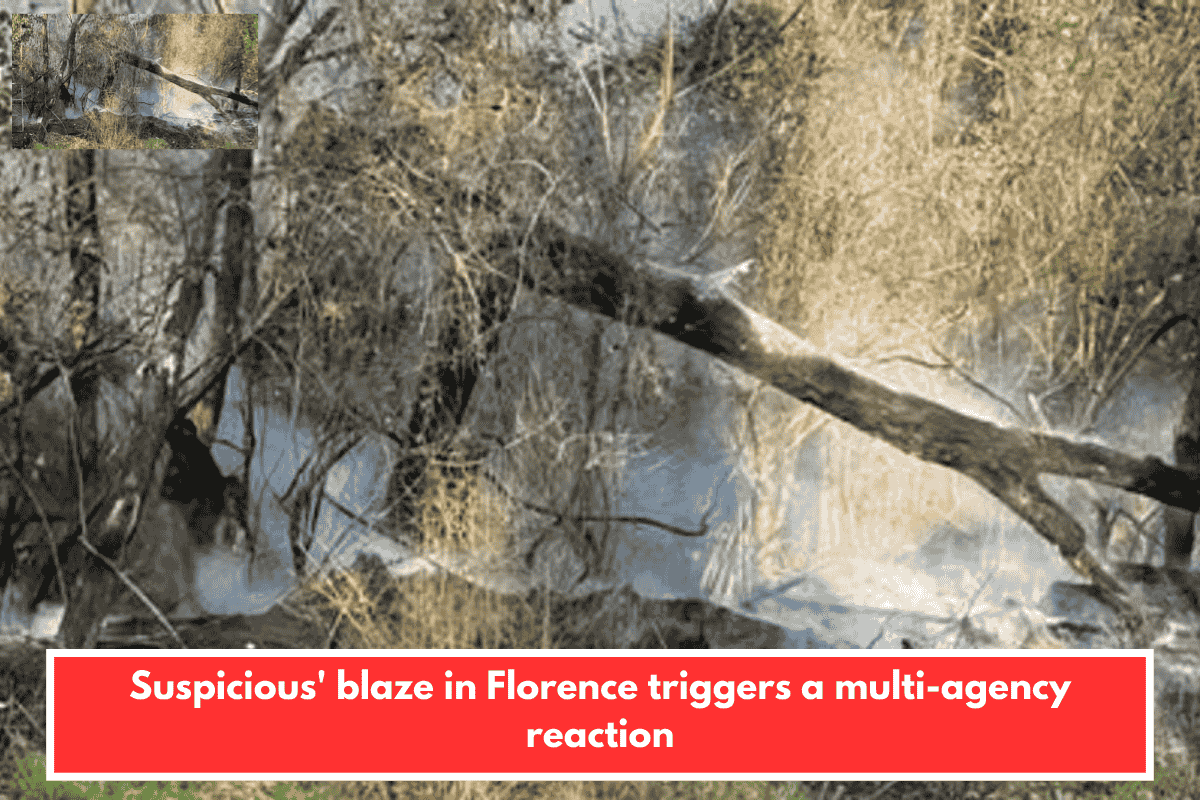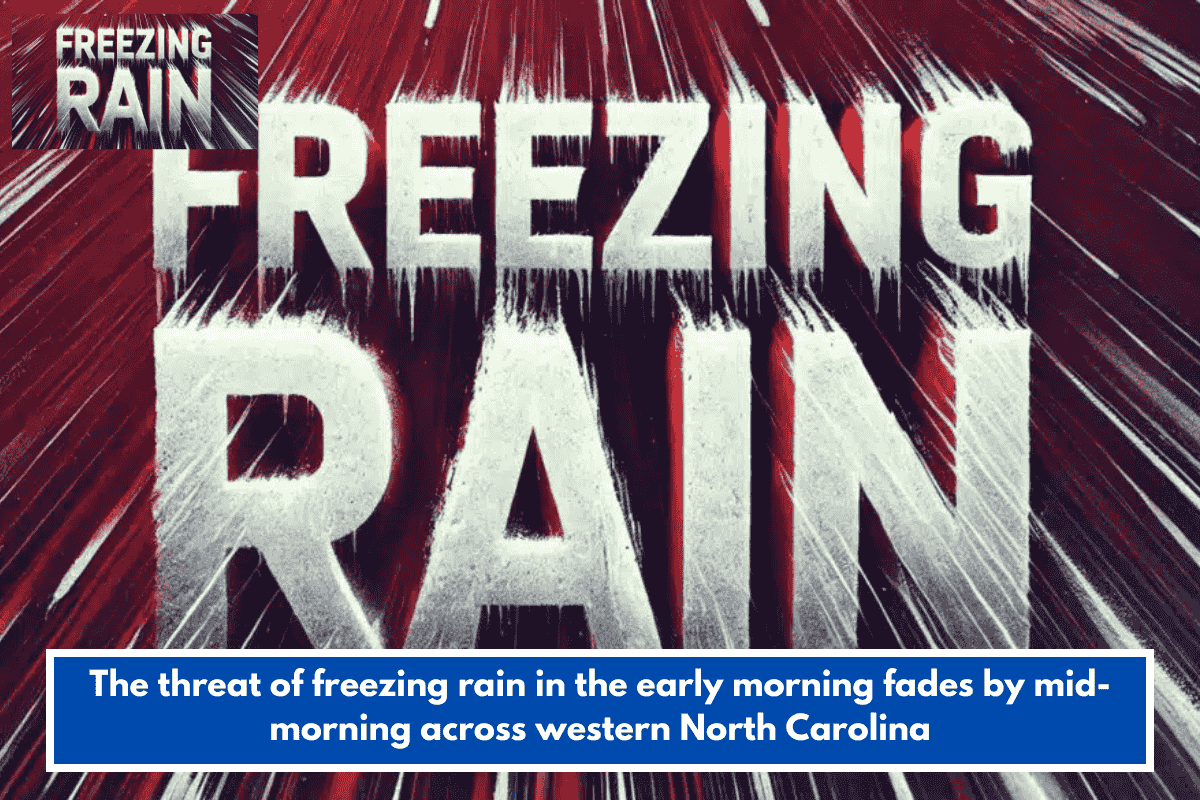Charleston, S.C. – Have you ever stepped outside, only to be greeted by a painful sting from a flying insect? In South Carolina’s Lowcountry, with its warm and humid environment, wasps are a common sight. From Yellow Jackets to Mud Daubers, these pests can make outdoor activities uncomfortable. Here’s what you need to know about the different types of wasps in the Lowcountry, how to avoid stings, and when to call the professionals for help.
Common Types of Wasps in the Lowcountry
Yellow Jackets
Yellow Jackets are easy to spot with their bright yellow and black bodies. These wasps are aggressive and often attack in large groups if they feel their nest is threatened. They live in large colonies, which makes them even more dangerous.
Mud Daubers
Unlike Yellow Jackets, Mud Daubers are non-aggressive and usually don’t sting unless provoked. These solitary wasps are known for building tube-like nests made from mud. They have long, slender bodies and are generally not a threat unless disturbed.
European Hornets
Larger than most wasps, European Hornets can deliver a more painful sting. While they are not as aggressive as Yellow Jackets, they will fiercely protect their nests. Their size and territorial nature make them more of a threat when they are disturbed.
Baldfaced Hornets
Baldfaced Hornets are big and aggressive, with bluish or black bodies and pale markings. They create large, papery nests in trees or on building structures. These hornets are very territorial and will attack in large groups if they feel their nest is under threat.
Paper Wasps
Native to South Carolina, Paper Wasps have slim, shiny bodies and long legs that dangle as they fly. These wasps often build umbrella-shaped nests in hidden places like attics or along the edges of homes. Although less aggressive than Yellow Jackets or hornets, Paper Wasps will sting if their nest is threatened.
Signs You Might Have a Wasp Problem
If you notice an increase in wasp activity or spot a nest in areas such as:
Under roof eaves
In attics or garages
Inside wall voids
Beneath porch ceilings
These could be signs that a wasp nest is nearby. If you spot a nest, especially in areas where children or pets play, it’s important to take action before the situation worsens.
What to Do if You Get Stung
If you or someone else gets stung, these are common symptoms:
Pain and swelling
Redness and warmth
Itching
Raised, itchy bumps (hives)
To treat the sting, follow these steps:
Remove the stinger: Gently scrape across the sting site with a blunt object to remove the stinger.
Wash the area: Clean the site with soap and water.
Apply cold compress: Use an ice pack wrapped in cloth to reduce swelling and pain.
Elevate: If the sting is on an arm or leg, raise the limb to help reduce swelling.
For added relief, you can apply antihistamine or corticosteroid cream or use over-the-counter pain relief like acetaminophen or ibuprofen.
When to Seek Medical Attention
In some cases, a wasp sting can trigger a severe allergic reaction (anaphylaxis). If you notice any of the following symptoms, seek emergency medical help immediately:
Difficulty breathing or wheezing
Tightness in the throat or chest
Nausea, vomiting, or abdominal pain
Dizziness, fainting, or rapid heartbeat
Sweating or anxiety
How to Prevent Wasps Around Your Home
Vinx Pest Control in Charleston provides the following tips for keeping wasps away:
Seal cracks and gaps: Inspect doors, windows, and vents to keep wasps out.
Use sealed trash bins: Wasps are attracted to food, so keep your trash tightly sealed.
Store food properly: Keep pet food and birdseed in airtight containers.
Clean up spills quickly: Don’t leave food or drinks unattended outdoors.
Use essential oils: Wasp-repelling oils like peppermint, lemongrass, and clove can help deter them.
Plant repelling herbs: Herbs like mint, basil, and chamomile naturally repel wasps.
Should You Remove a Wasp Nest Yourself?
While you can try spraying the nest with insecticide, it’s not recommended to handle it alone. Wasps, especially Yellow Jackets and hornets, are protective of their nests and will attack in large groups. If you spot a nest inside or outside your home, it’s best to call a professional pest control service to handle it safely.
Wasps are a common problem in South Carolina’s Lowcountry, but knowing how to identify them, avoid stings, and prevent nests can help keep you safe. If you suspect a wasp nest near your home, don’t hesitate to call in the professionals to handle the situation before it gets worse.

